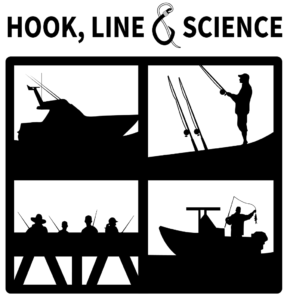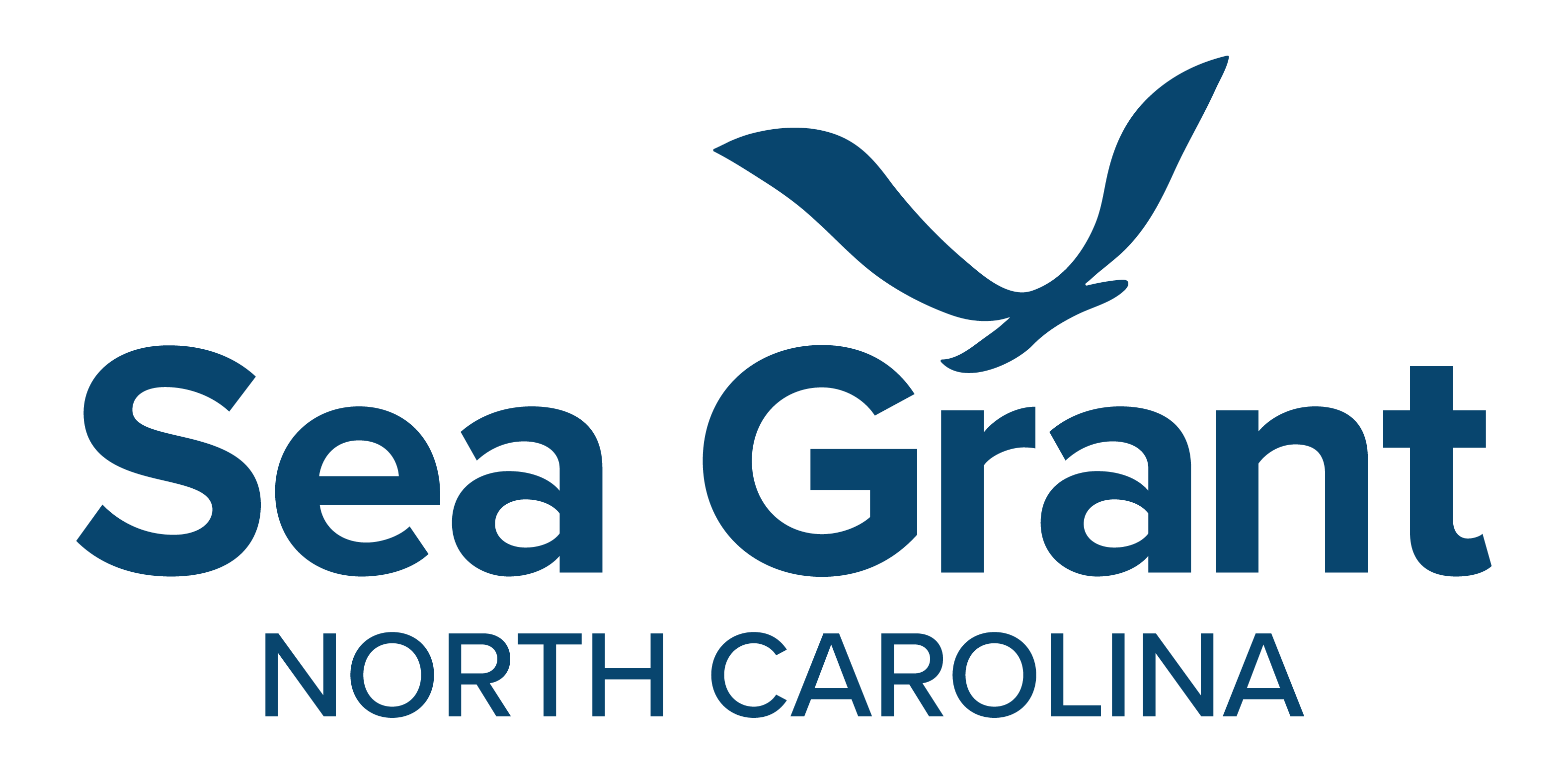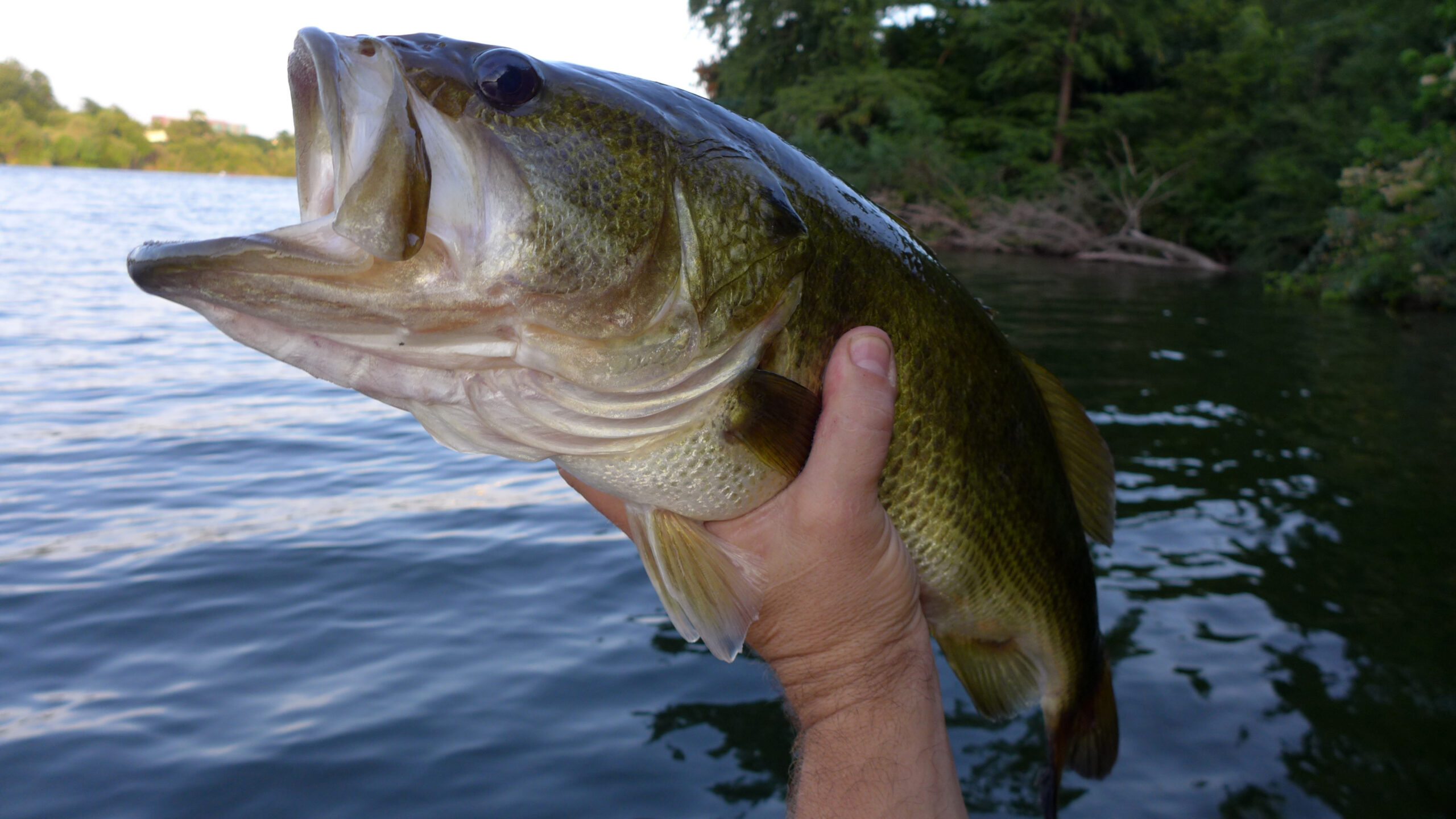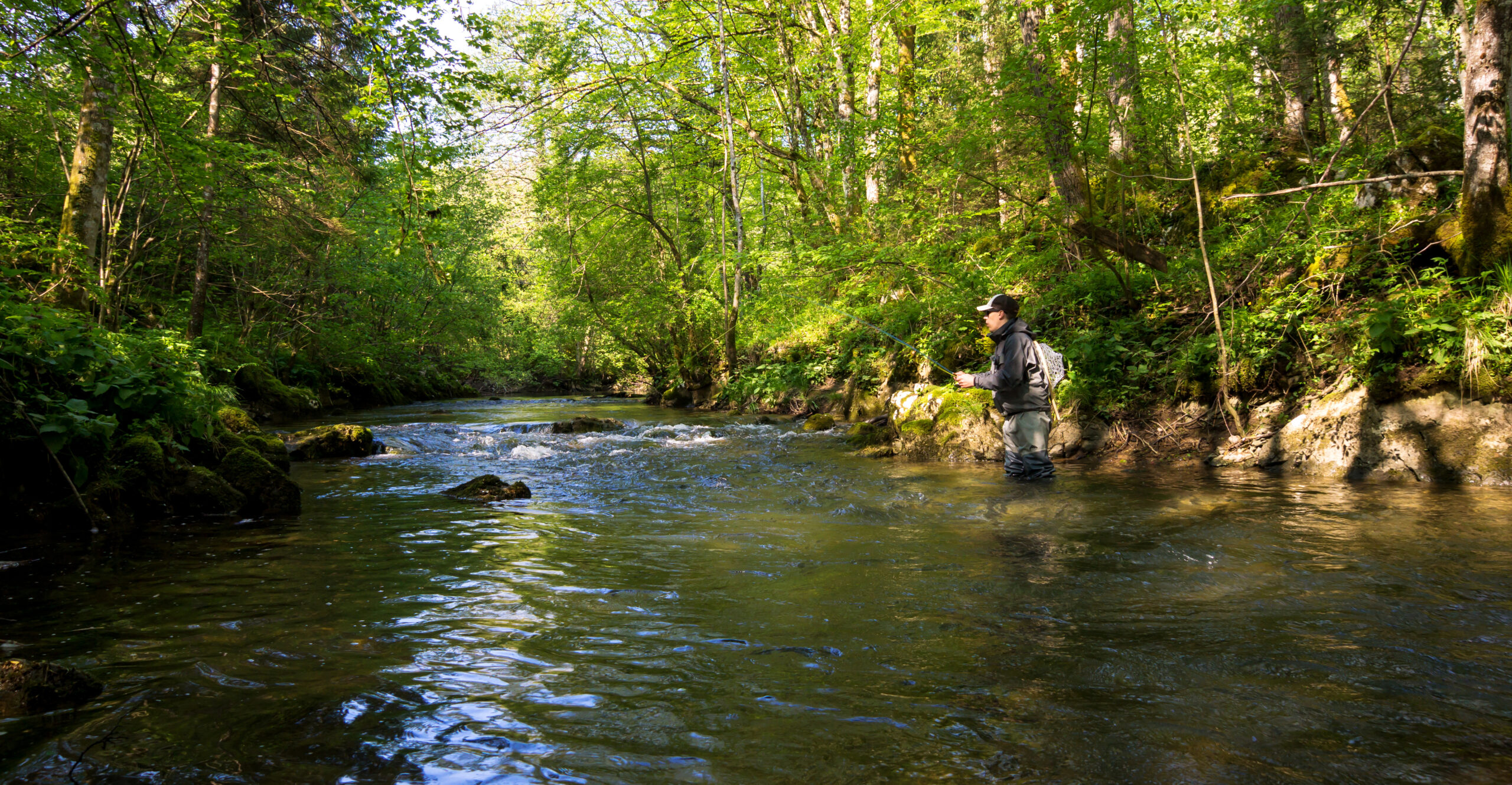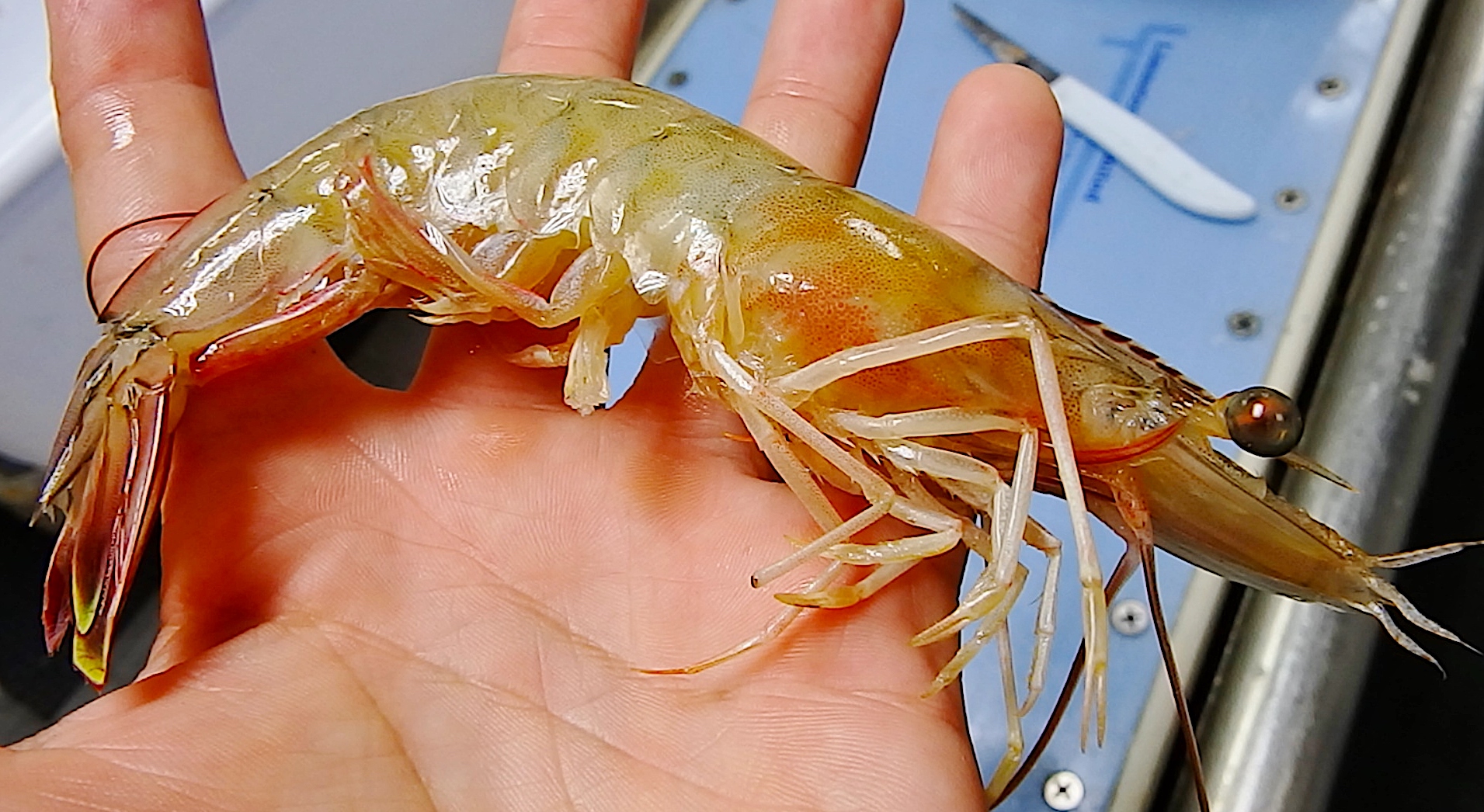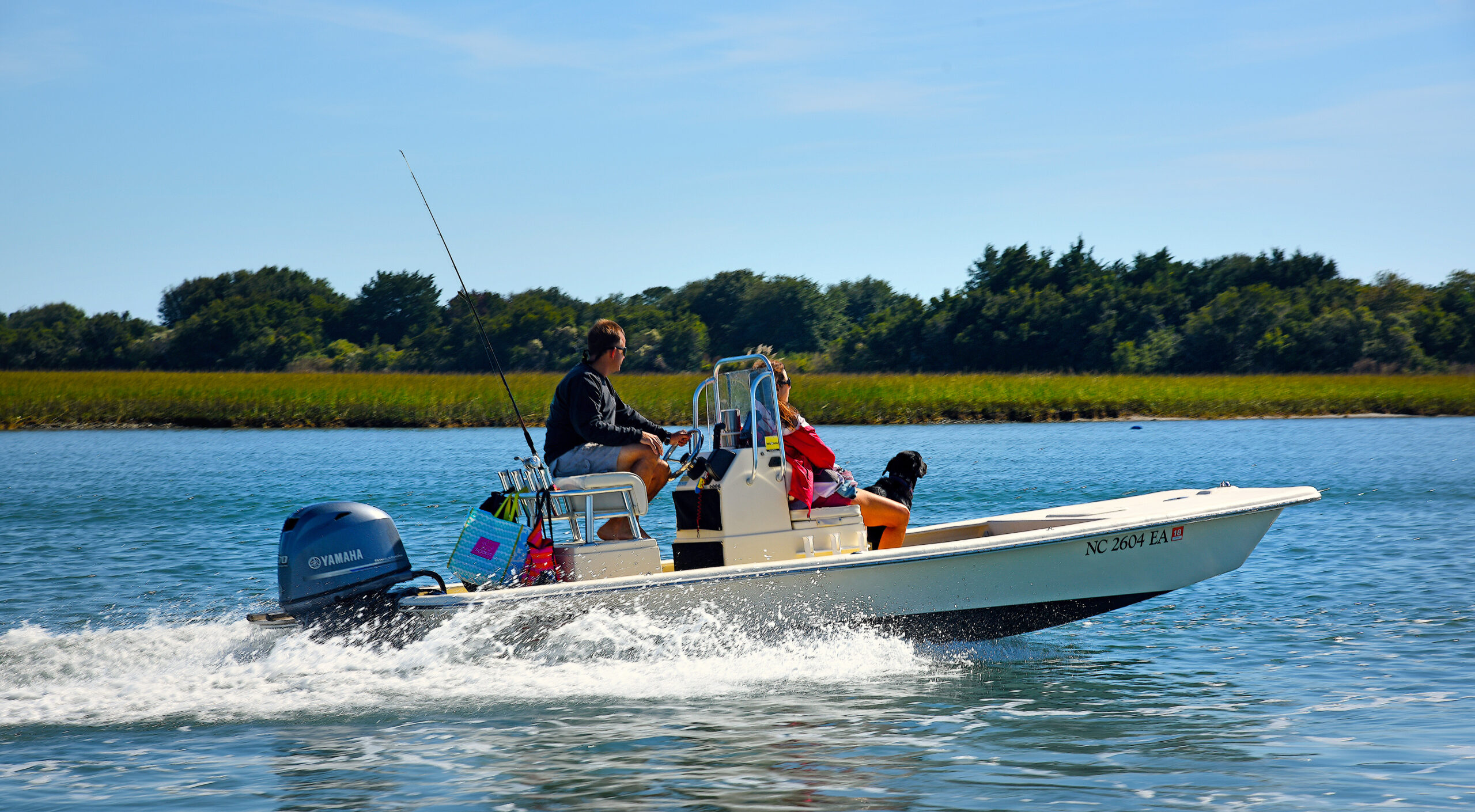Home field advantage may help determine the outcome.
Research Need
Bass fishing is a popular sport in North Carolina and across the U.S., and tournaments are one way for professional anglers to compete against each other for cash, prizes, and bragging rights.
The concept of “home field advantage” — a significantly higher percentage of home team wins due to a wide range of benefits — plays a pivotal role in team sports, such as baseball, football, and basketball. However, in individual sports like tennis and golf, home field advantage plays a smaller role. And the role of home field advantage looks very ambiguous when we consider sports that incorporate both individual and team elements and how an individual participant’s score, for instance, contributes to an overall team score.
Professional bass fishing commentators often refer to local anglers’ advantages during televised events, such as previous experience with a particular tournament’s body of water. Fantasy fishing players often tend to select local anglers for their teams because of this perceived advantage.
But is this common notion a real home field advantage?
What did they study?
Researchers at the University of Arkansas examined two professional fishing league tournaments: the B.A.S.S. Bassmaster Elite Series (including 104 anglers) and the Major League Fishing Bass Pro Tour (including 66 anglers). The study spanned 18 total events.
The leagues share similarities in that both involve various locations essentially without spectators. Both leagues also involve a series of smaller tournaments in which fishers must “earn” their way into the finals.
The researchers focused on both the distance of an angler’s residence to the tournament and whether the tournament was located in an angler’s home state. They then compared these factors to tournament performance by looking at bag weight — the total weight of the fish an angler was allowed to keep,
What did they find?
The distance of an angler’s home to a tournament had a small effect on bag weight, with anglers who lived closer to the lake having higher bag weights.
Only in Texas did the home state correlate with a heavier bag. In the other states, this did not make a difference.
What else did they find?
Not surprisingly, greater age and career winnings also significantly increased bag weight. This suggests that practice and experience promote success in professional bass fishing, as is the case, of course, in many other sports.
So what?
Understanding home field advantage could help fishing tournaments provide more even ground for opponents. Understanding home field advantage also could help fans better predict tournament outcomes, which might enhance other recreational activities — like fantasy sports and sports betting.
Reading:
Settlage, Daniel M., and Settlage, Madison E. “Using orthodromic distance to determine homefield advantage in professional bass fishing tournaments.” Journal of Sports Economics, vol. 25, no. 7, 6 Aug. 2024, pp. 844–865, https://doi.org/10.1177/15270025241268728.
lead photo credit: Patrick Lewis / CC-BY-NC-2.0.
The text from Hook, Line & Science is available to reprint and republish at no cost, but only in its entirety and with this attribution: Hook, Line & Science, courtesy of Scott Baker and Sara Mirabilio, North Carolina Sea Grant.
